10 Plants That Help Deter Wasps from Your Patio and Garden
Team PlantTAGG2023-06-16T07:32:24-06:00While bees may be welcome for pollination on our lawns, wasps are nuisances that most want to deter from their property. Even if you’re not allergic to wasp stings, wasps can make it hard for you and your guests to spend much time outdoors. Thankfully, there are some plants that deter wasps from your patio or garden – and they are visually pleasing for your home exterior as well.
Edible Vegetables and Other Fragrant Plants
Many fragrant plants and delicious vegetables surprisingly keep the wasps away. Some of these items also deter bees, so if you’re hoping to keep your pollinator friends nearby, you may want to choose a different plant to deter wasps. Many of these plants work together as companion plants to deter wasps and other nuisances from your garden.
1. Cucumber
Cucumbers are a great complement to salads or as a snack, but wasps don’t like them. Their acidic peels are bitter and unpleasant to wasps. If you live in a tropical climate with ample moisture in the soil, you can plant them on their own to grow as a food source. If not, you can strategically place cucumber peels throughout your garden.
2. Eucalyptus
Animals and people alike may love the look and fragrance of eucalyptus, but bees and wasps are likely to stay away from it. You can plant eucalyptus directly in a garden or in containers, but they will need sufficient sunlight to grow. Note that eucalyptus is toxic to dogs and cats, so plant with care if your eucalyptus will be within reach of pets.

Eucalyptus deters wasps but can be dangerous to pets
3. Basil
Basil is found commonly in herb gardens. It makes a great enhancement for food with its vibrant green color and scent, which is exactly what deters wasps. You’ll need plenty of heat to grow basil, and it typically needs around six to eight hours of sunlight per day. To keep the plant from drowning or experiencing root rot, it’s important to plant in well-drained soil.
4. Wormwood
Wormwood also keeps wasps away. Absinthe is popular among drinkers, but the pungent aroma is off-putting to wasps and bees. Keep in mind that this plant can kill off other nearby plants, so make sure that it’s kept at a safe distance from them. Wormwood requires well-drained soil and plenty of direct sunlight to grow well.
5. Citronella
Many people are familiar with citronella’s ability to drive away mosquitoes, but its strong scent is also good at keeping wasps away. You can grow citronella either indoors or outdoors as long as it’s exposed to at least six hours of direct sunlight per day. Again, well-drained soil is necessary to maintain this plant.
6. Mint
While most people might enjoy the smell of fresh mint, wasps don’t and are sure to avoid it. Mint doesn’t require a lot of sunlight to grow, but like wormwood, it can overtake your garden if it’s not adequately contained.
7. Pennyroyal
Pennyroyal gives off a scent that’s similar to mint, effectively keeping wasps away. They typically only reach sizes of around six inches to a foot in height, which makes them ideal for planting in containers. Give them enough water to keep them hydrated and they’ll be able to grow.
8. Pitcher Plants
Unlike the other plants mentioned so far, pitcher plants actually capture wasps and other insects as carnivorous plants, similar to Venus fly traps. Pitcher plants feature an appealing flower that attracts wasps before the wasps lose their footing and fall into a pool of water below. Once the insect drowns, the pitcher plant then digests the wasp. Growing pitcher plants can take some work, as they require direct sunlight and only rainwater or distilled water.
Flowers
Some flowers can keep wasps and bees away as well. Remember that wasps and bees like flowers that are blue, yellow or violet, but that doesn’t mean you have to avoid those colors completely. Here are two examples of flowers that deter wasps to include in your flower garden:
9. Marigold
Marigolds are attractive flowers in any garden, but their smell will scare off mosts wasps and other insects. Marigolds are easy to take care of and require little attention to grow properly.
10. Geraniums
Geraniums also feature a smell that’s unpleasant to wasps. All they need to grow is ample sunlight for around four to six hours per day, and they can grow either inside or outside.
Growing any of these plants can complement your garden or patio while helping keep away those pesky wasps. If you’re looking for help in setting up a new garden, let PlantTAGG help! With PlantTAGG, you can quickly determine which of these wasp deterring plants will work best in your yard. It’s free to use – simply text ‘PLANTS’ to 46376 to get started!



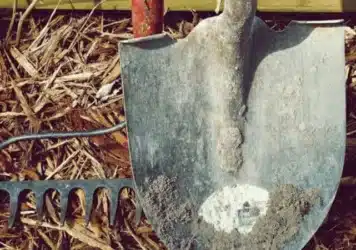
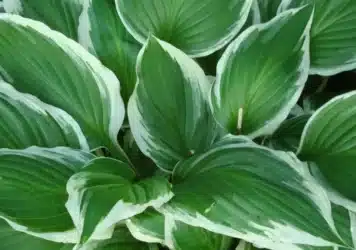
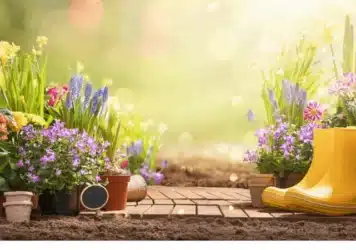
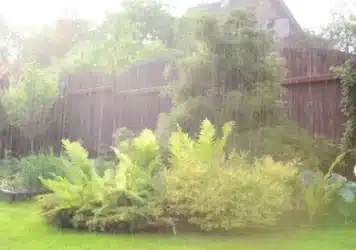

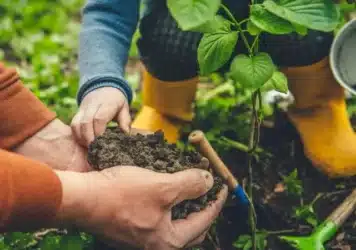
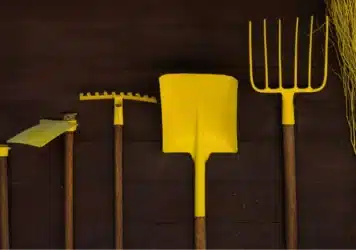
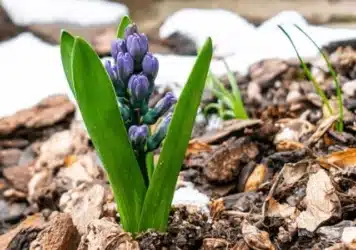
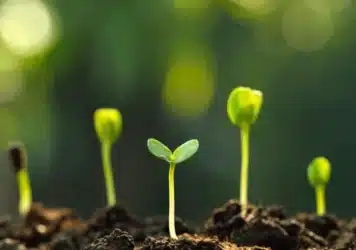

Comments (2)
I have a bee hive and wasps are now hanging around. What plants can I have to keep the wasps away but not to deter bees
Hi Maureen – sorry for the delayed response. I too have bee hives at my house and just love them. I would try the following plants to deter wasps but not disrupt the honeybees: Marigolds, Geraniums, Eucalyptus, Artemisia, or Citronella. As a general rule, the wasps and honeybees get along fine – there is safety in numbers.